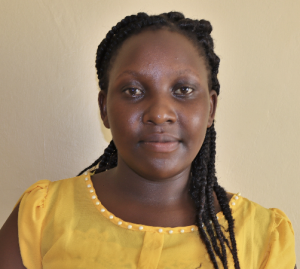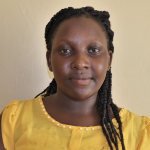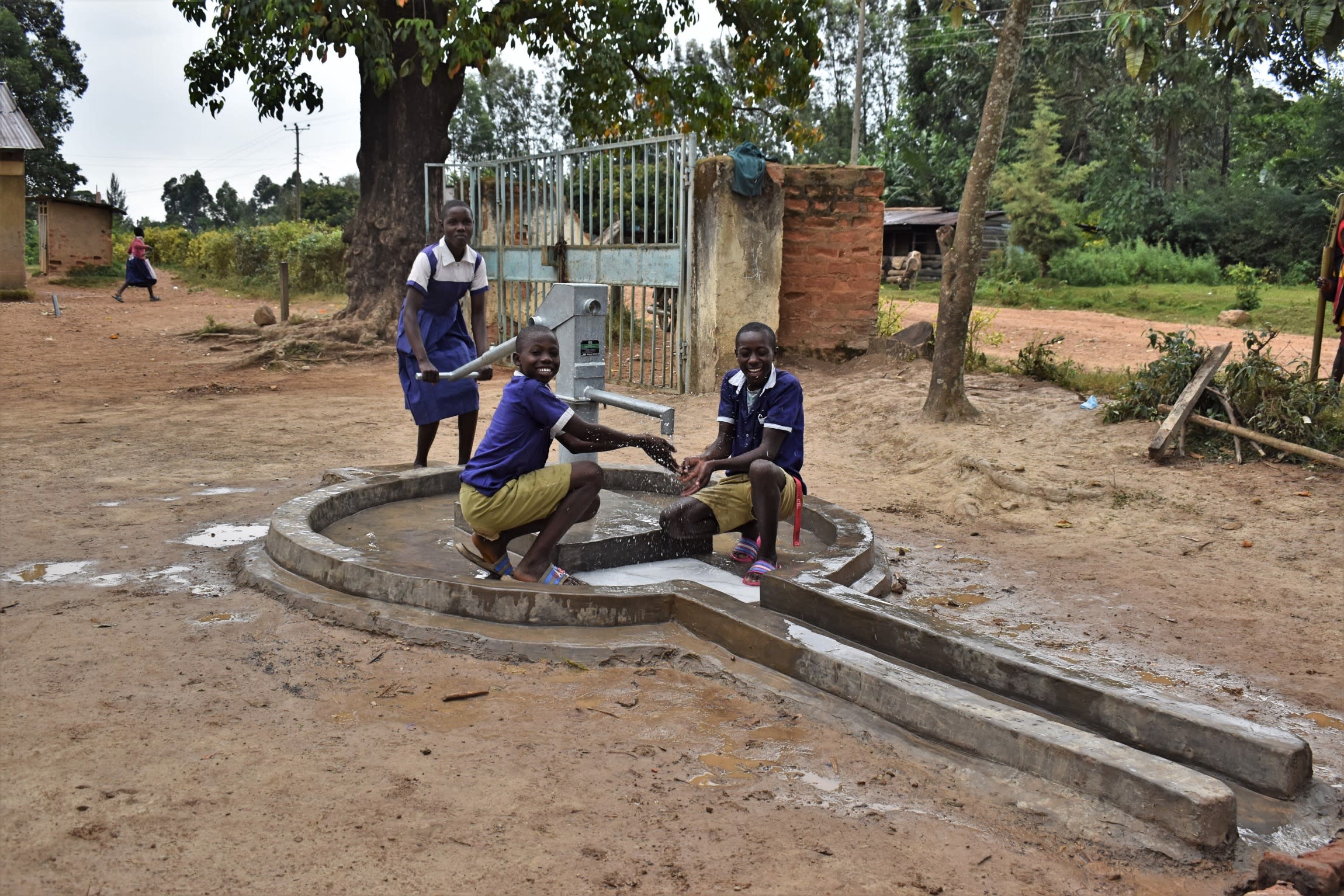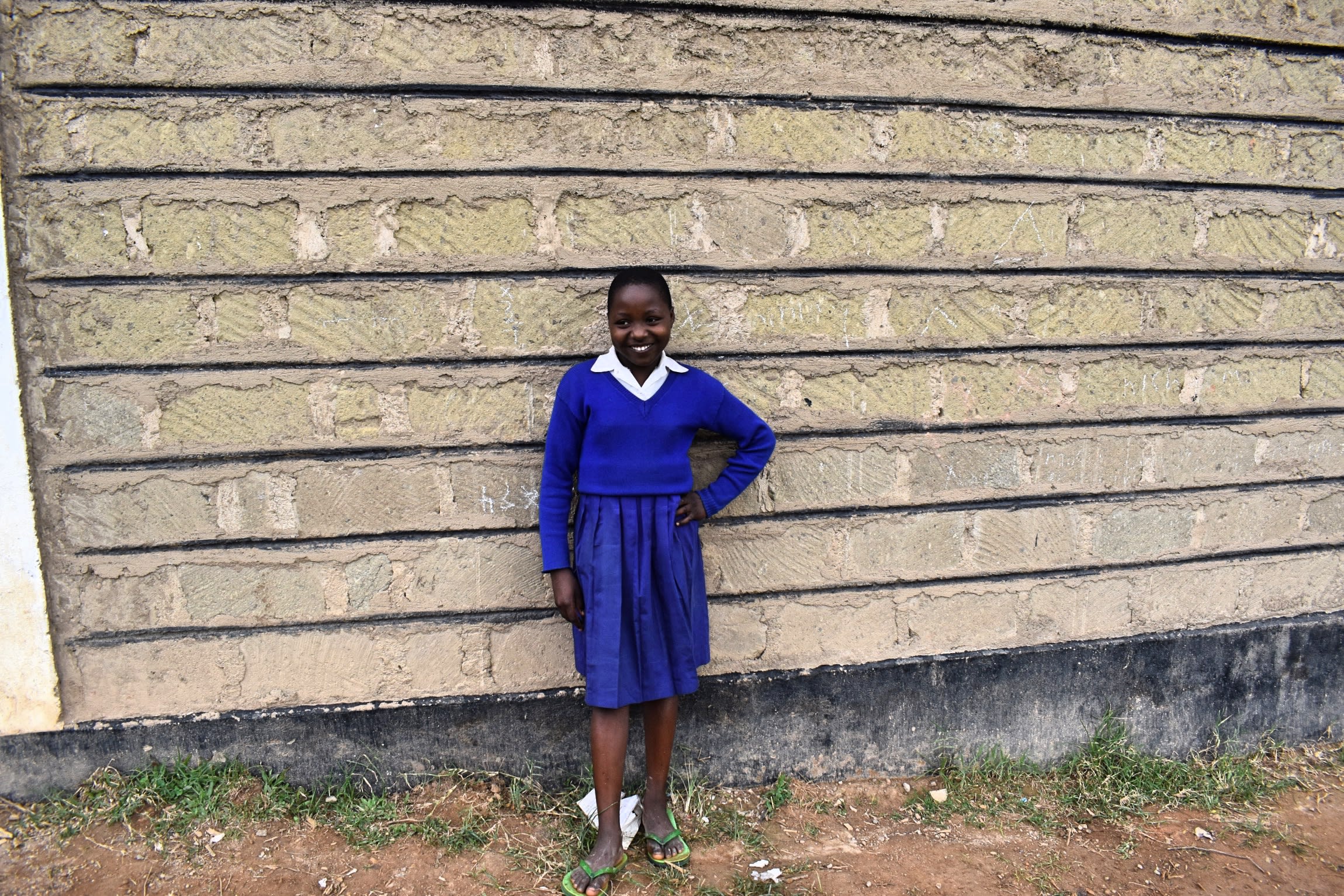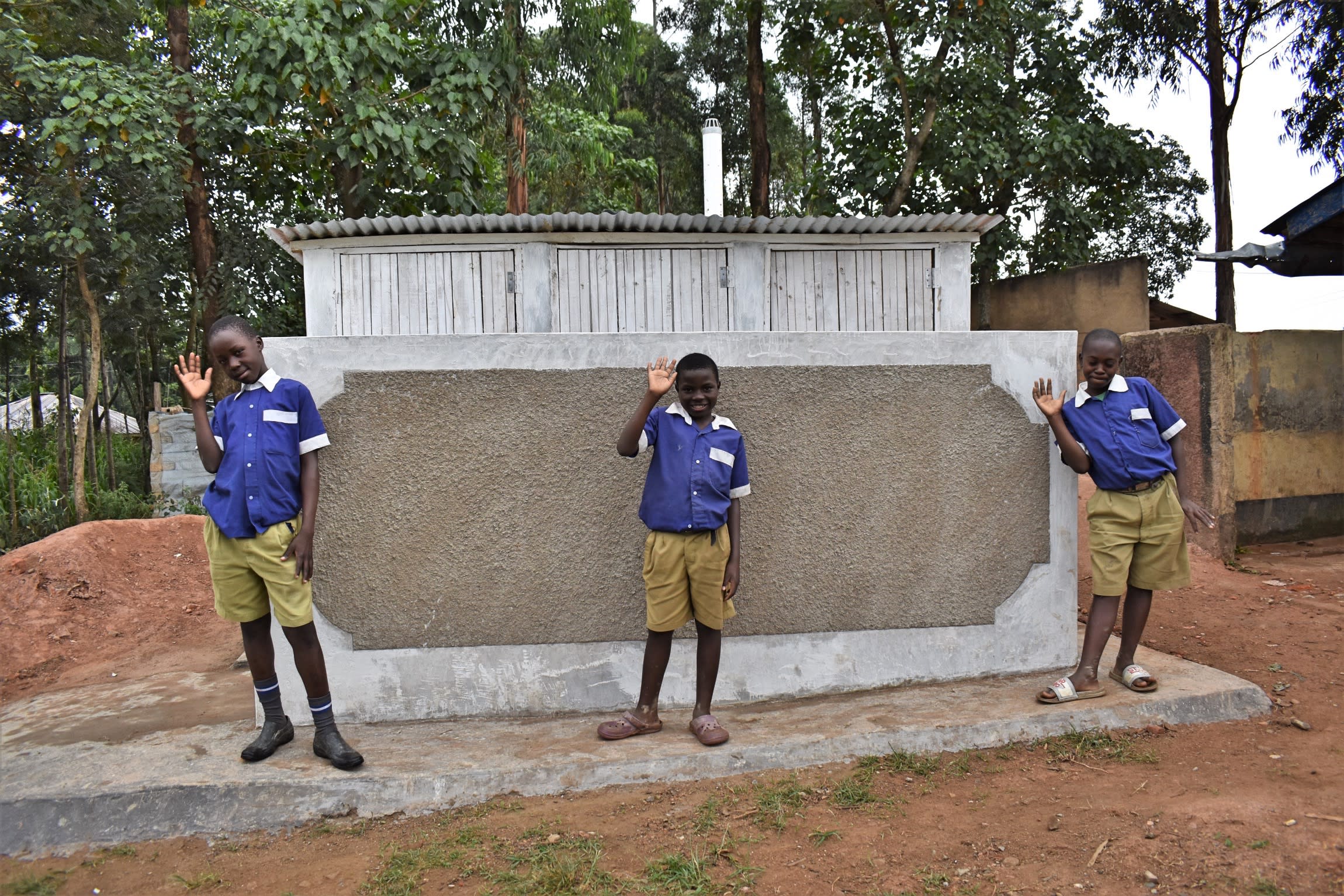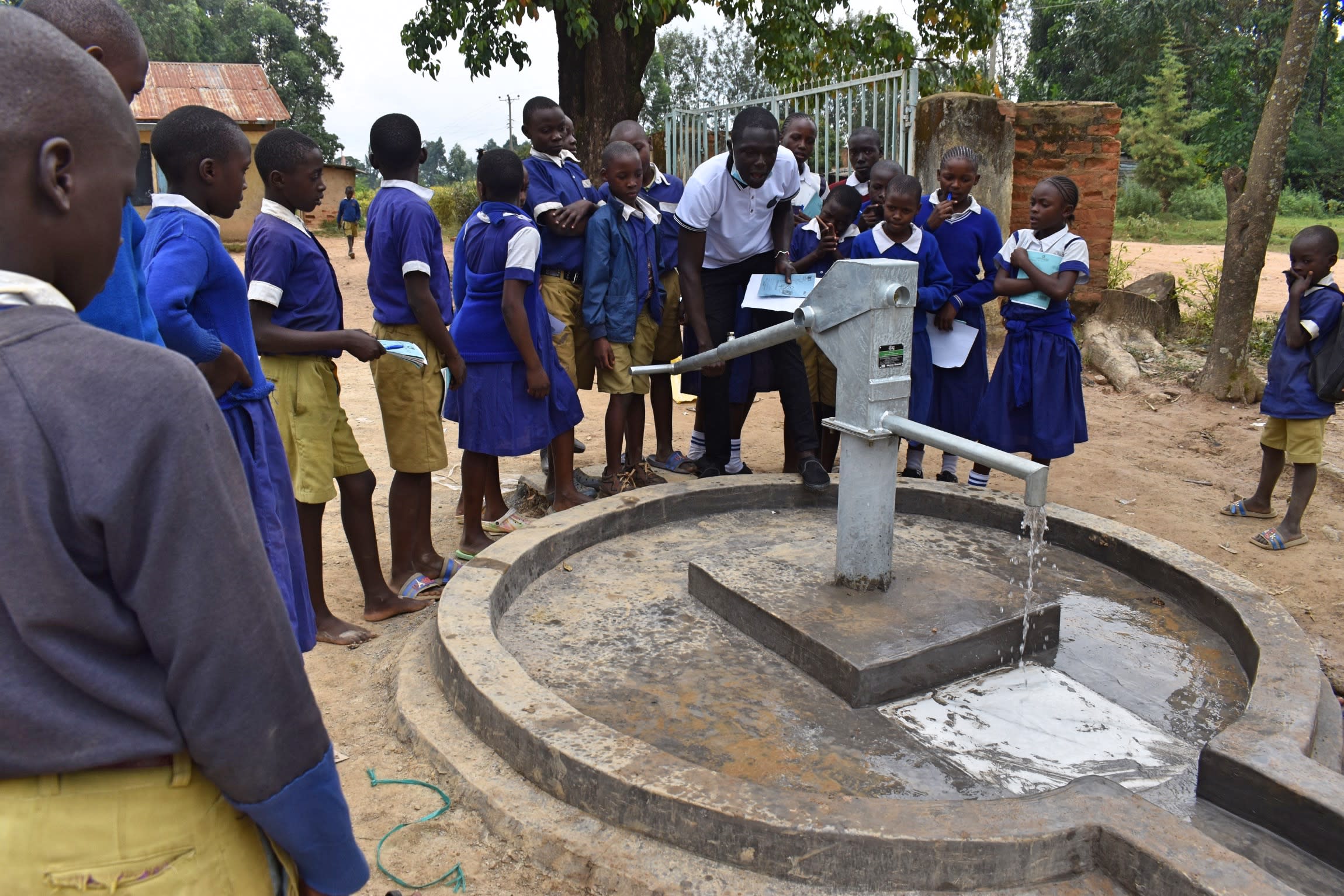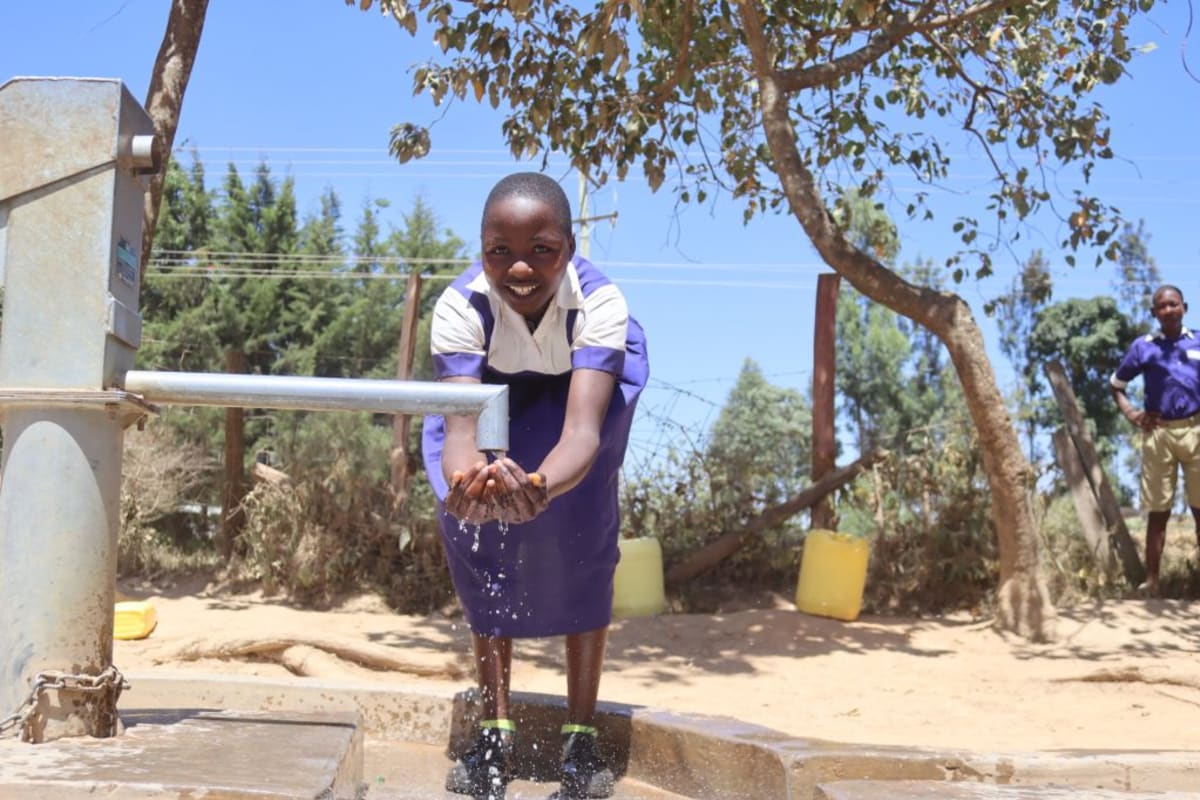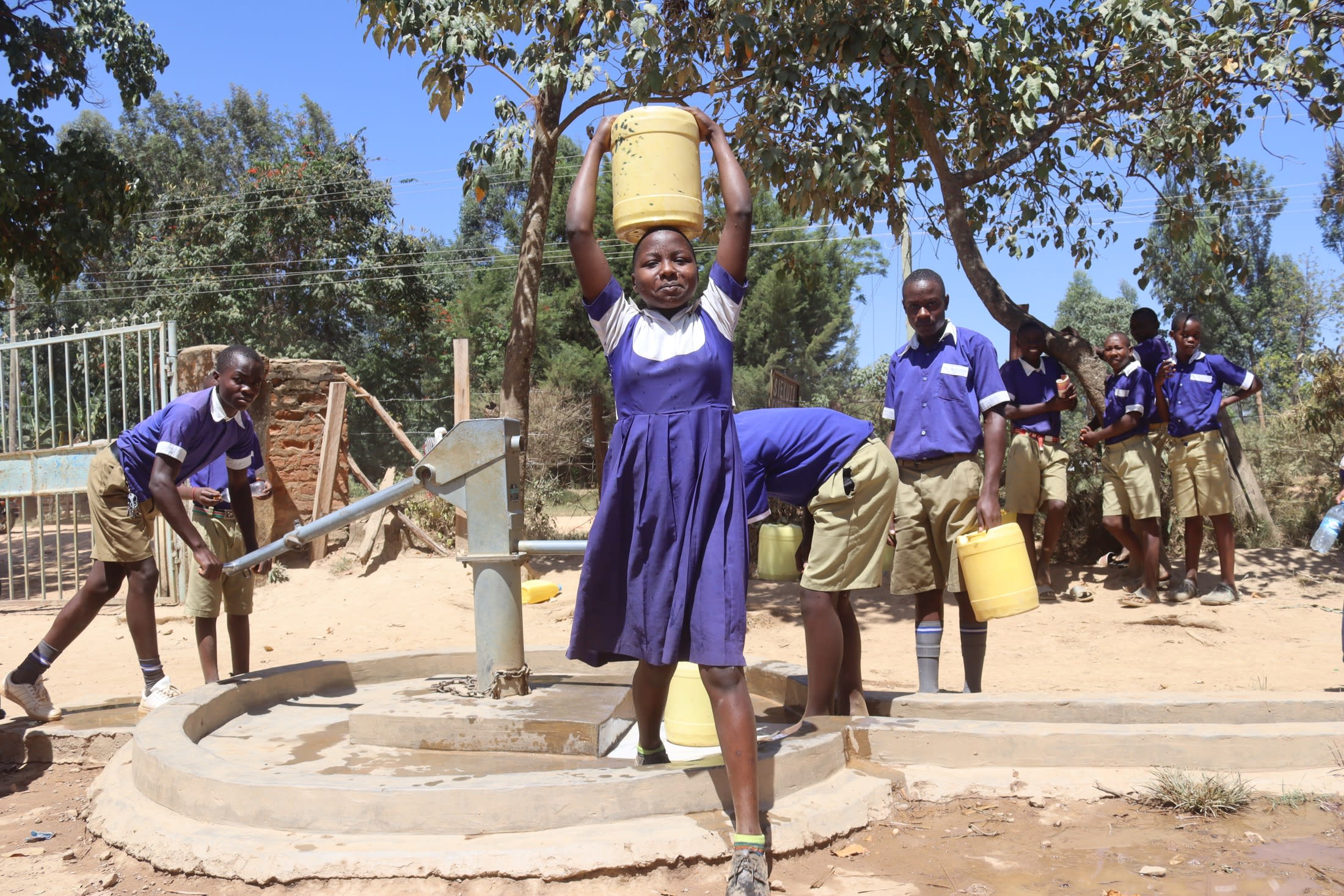At Siekuti Primary School, waterborne diseases are an everyday problem. Drinking contaminated water has led to absenteeism among students, staff, and even teachers. Unfortunately, a few times, drinking unsafe water has cost students their lives. There have been several untimely deaths in the school community. Students are suffering psychologically as well as physically.

The school has a rain tank, but its limited capacity is not anywhere near enough for the 900 students and 15 staff. This sends students scrambling over hills and trudging through mud to fill jerrycans with water that community members often water their livestock with.
"It has really impacted me negatively since the rainwater harvesting is not reliable, but we are using it for a shorter period of time, which is not solving the water crisis in the school," said Head Teacher Johnson Muganzi (pictured below). "I am forced to take water that the pupils are bringing from home, which is very contaminated and leads to diseases that make me to be absent from the school."
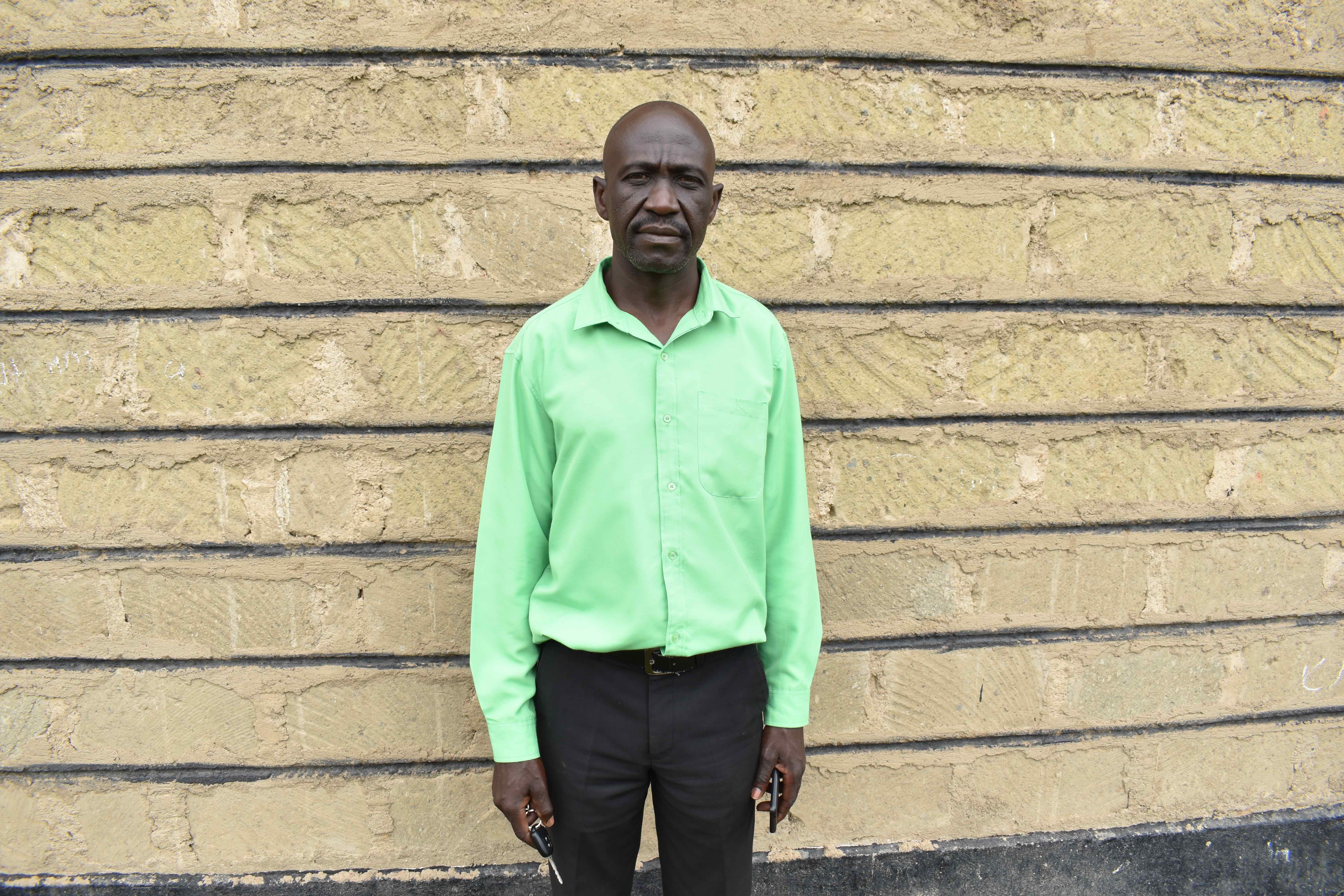
"There is no concentration in studies due to the lack of water," said 12-year-old student, Shaline (pictured below at the spring). "This is because we have to look for water for both home and school which really leads to wasting a lot of time."

When students are sent to fetch water, they miss valuable class time. As well, the route to the stream where they fetch water has often proven unsafe, especially for young girls who have been assaulted during their trips to fetch water.
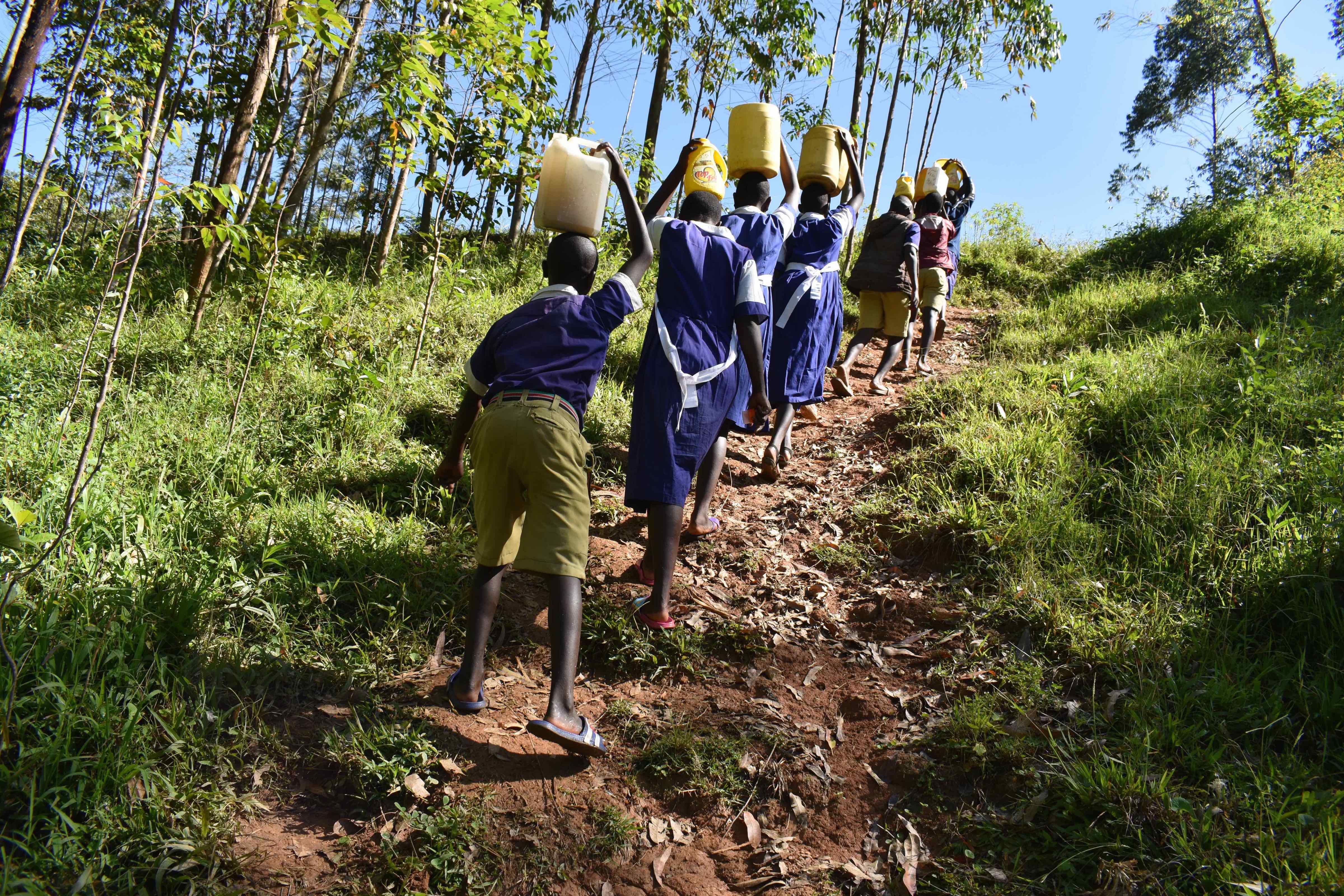
The long-term, compounding effects of the contaminated water on the students' bodies contribute to early drop-outs among students. Most of Siekuti Primary students' parents are subsistence farmers who cannot afford to spend so much money on medication or hospital/clinic visits.
Despite the many challenges facing Siekuti's students, they are still thriving academically, with some of the best exam scores and afterschool sports scores in Hamisi sub-county. Students are already overcoming substantial obstacles. Clean, reliable water will eradicate so many more of these obstacles.
What We Can Do:
New Well
We conducted a hydrogeological survey at this school and the results indicated the water table beneath it is an ideal candidate for a borehole well. Due to a borehole well's unique ability to tap into a safe, year-round water column, it will be poised to serve all of the water needs for this school's large population, even through the dry months.
The school will help collect the needed construction materials such as sand, rocks, and water for mixing cement. They will also provide housing and meals for the work team, in addition to providing local laborers. We will complement their materials by providing an expert team of artisans and drilling professionals, tools, hardware, and the hand-pump. Once finished, water from the well will then be used by the school’s students and staff for drinking, handwashing, cooking, cleaning, and much more.
We and the school strongly believe that all of these components will work together to improve standards at this school, which will help lead to better student academic performance and will help unlock the opportunity for these students to live better, healthier lives.
Handwashing Stations
There is currently nowhere for students to wash their hands after using the latrines or before eating lunch, let alone the water to do so.
The student health club will oversee the two new handwashing stations we will provide, and make sure they are kept clean and in working condition. The club leaders will fill the handwashing stations with water daily and make sure they are always supplied with a cleaning agent such as soap or ash.
VIP Latrines
Two triple-door latrine blocks will be constructed with local materials that the school will help gather. Three doors will serve the girls and three doors will serve the boys. All of these new latrines will have cement floors that are designed to be easy to use and to clean. And with a rain tank right on school property, there should be enough water to keep them clean.
Training on Health, Hygiene, COVID-19, and More
We will hold a one-day intensive training session with students, teachers, and parents. This training will cover a wide range of topics including COVID-19 symptoms, transmission routes, and prevention; personal and environmental hygiene; and the operation and maintenance of the rain tank, latrines, and handwashing stations. There will be a special emphasis on handwashing.
Our team of facilitators will use a variety of methods to train, including participatory hygiene and sanitation transformation, and asset-based community development. We will initiate a student health club, which will prepare students to lead other pupils into healthy habits at school and at home. We will also lead lectures, group discussions, and provide illustrative handouts to teach health topics and ways to promote good hygiene practices within the school including handwashing and water treatment. We will then conduct a series of follow-up trainings before transitioning to our regularly scheduled support visits throughout the year.

 Borehole Well and Hand Pump
Borehole Well and Hand Pump
 Rehabilitation Project
Rehabilitation Project












